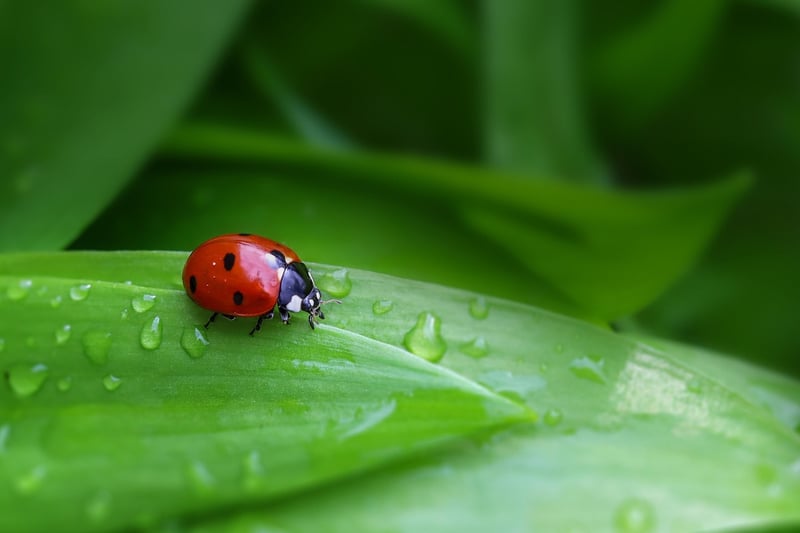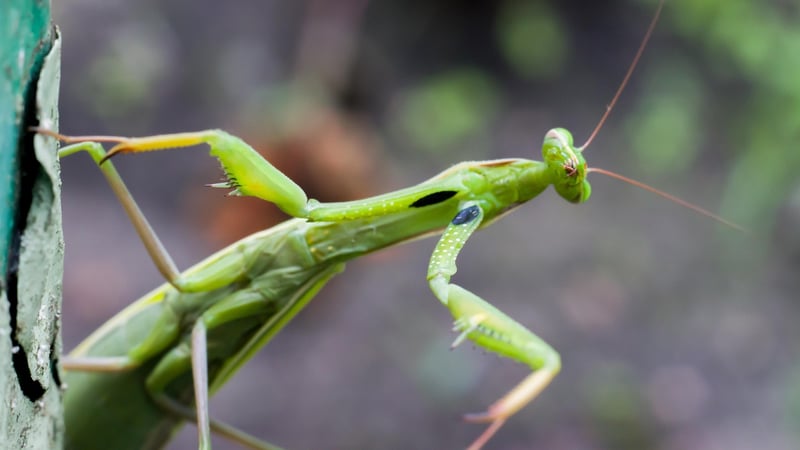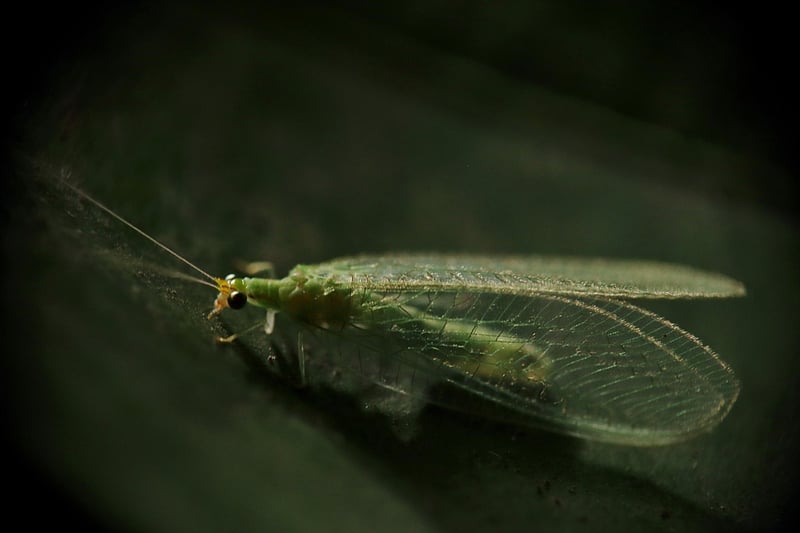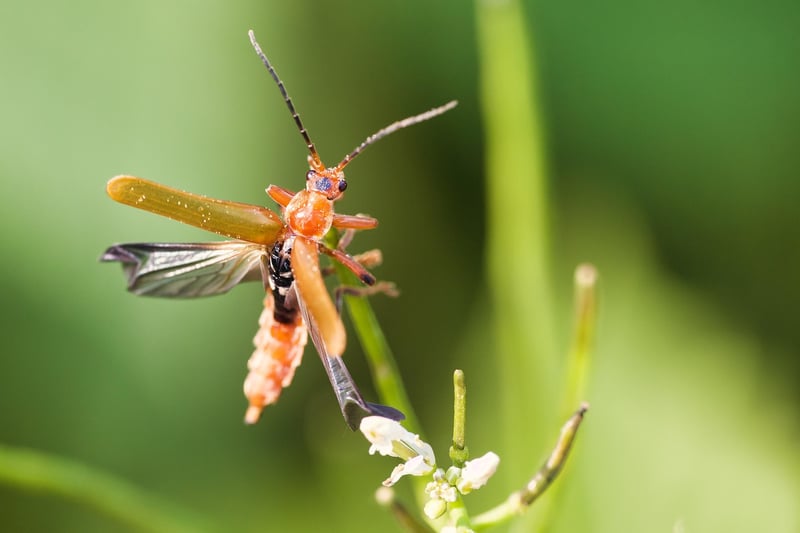Beneficial Insects
Protecting Your Garden with Beneficial Insects
Having a thriving garden requires more than just planting seeds and watering plants. It also involves maintaining a healthy ecosystem where beneficial insects play a crucial role in keeping pests at bay. These insects can help control pest populations naturally, reducing the need for harmful chemicals that can harm both your plants and the environment.
Why Beneficial Insects are Important
Beneficial insects are nature's own pest control agents. They prey on harmful insects that can damage your garden plants. By attracting and supporting these helpful bugs, you can create a balanced ecosystem where pests are kept in check without the use of chemical pesticides.
Common Beneficial Insects
- Ladybugs: Known for their appetite for aphids, mealybugs, and other soft-bodied insects.
- Praying Mantis: Voracious predators that feed on a variety of pests including caterpillars and flies.
- Lacewings: Their larvae feed on aphids, mealybugs, and other small insects.
- Ground Beetles: Effective at controlling slugs, snails, and caterpillars.
How to Attract Beneficial Insects
- Plant Diversity: Create a diverse garden with a variety of flowers, herbs, and plants to attract a range of beneficial insects.
- Provide Shelter: Place rocks, logs, and mulch in your garden to offer hiding spots for insects to take refuge.
- Avoid Pesticides: Chemical pesticides can harm beneficial insects, so opt for natural alternatives or organic pest control methods.
- Use Companion Plants: Some plants like marigolds, lavender, and dill can attract beneficial insects while repelling pests.
Conclusion
By creating a welcoming environment for beneficial insects in your garden, you can effectively manage pests without resorting to harmful chemicals. Embrace the power of nature's pest control agents and watch your garden flourish with their help!




